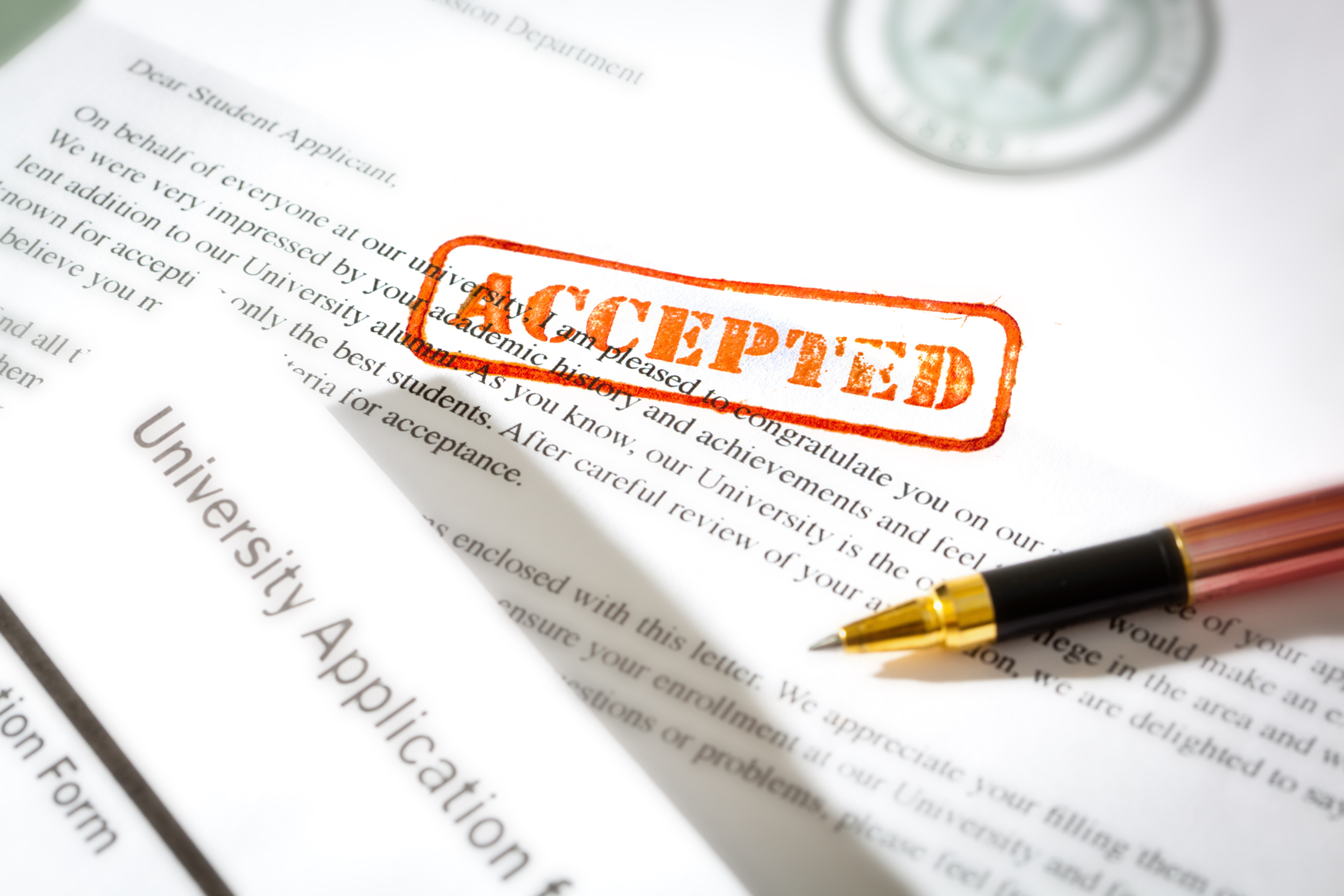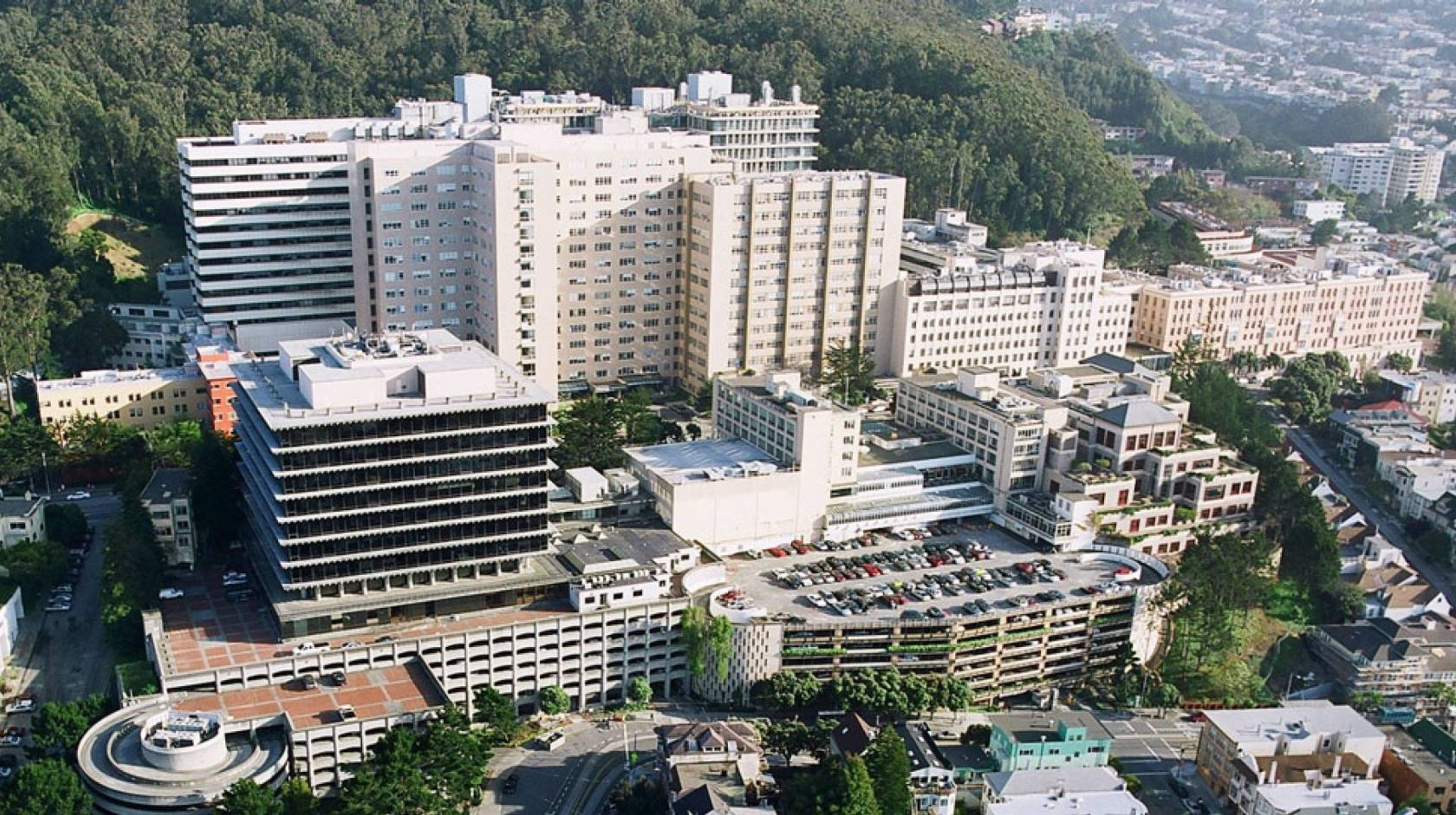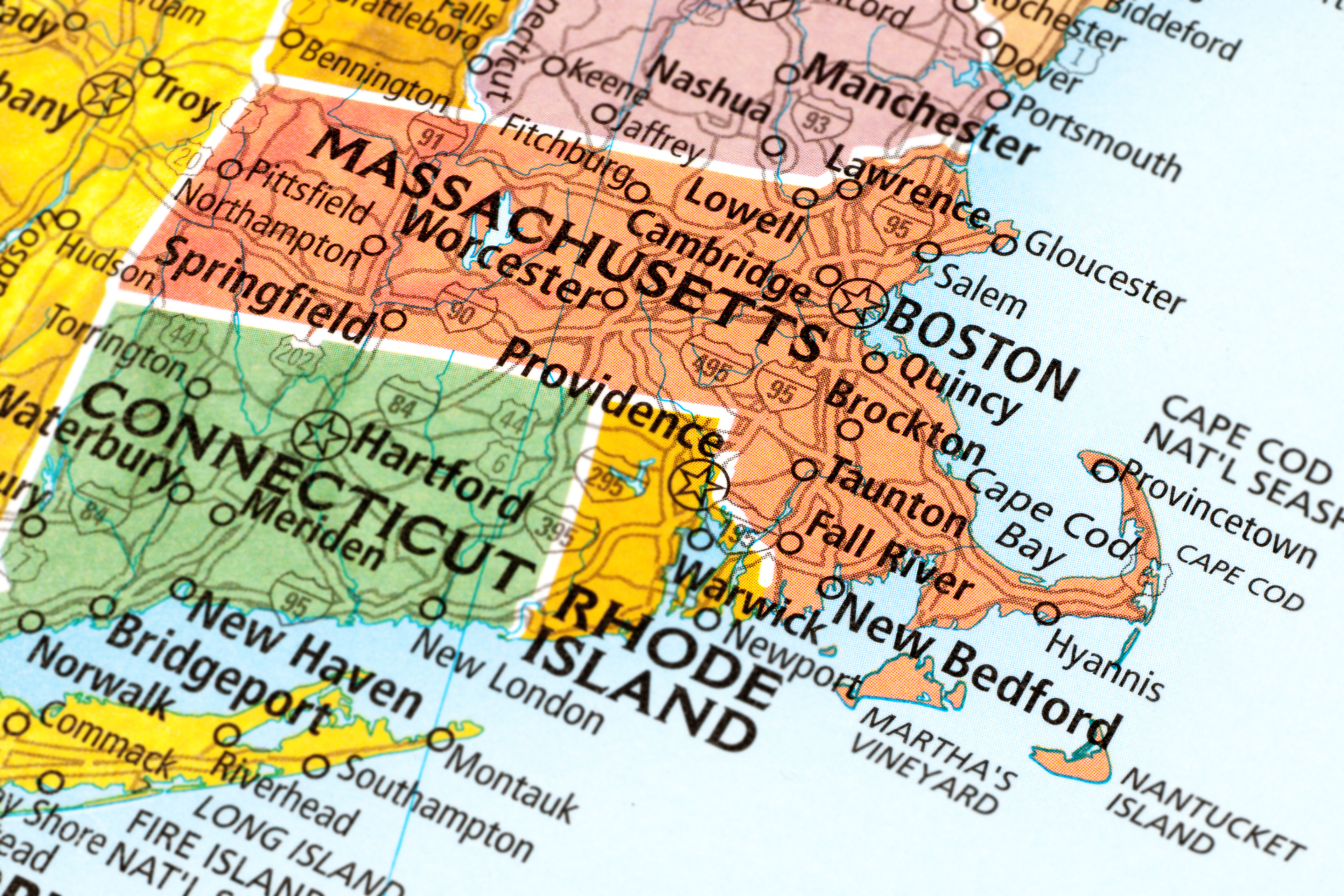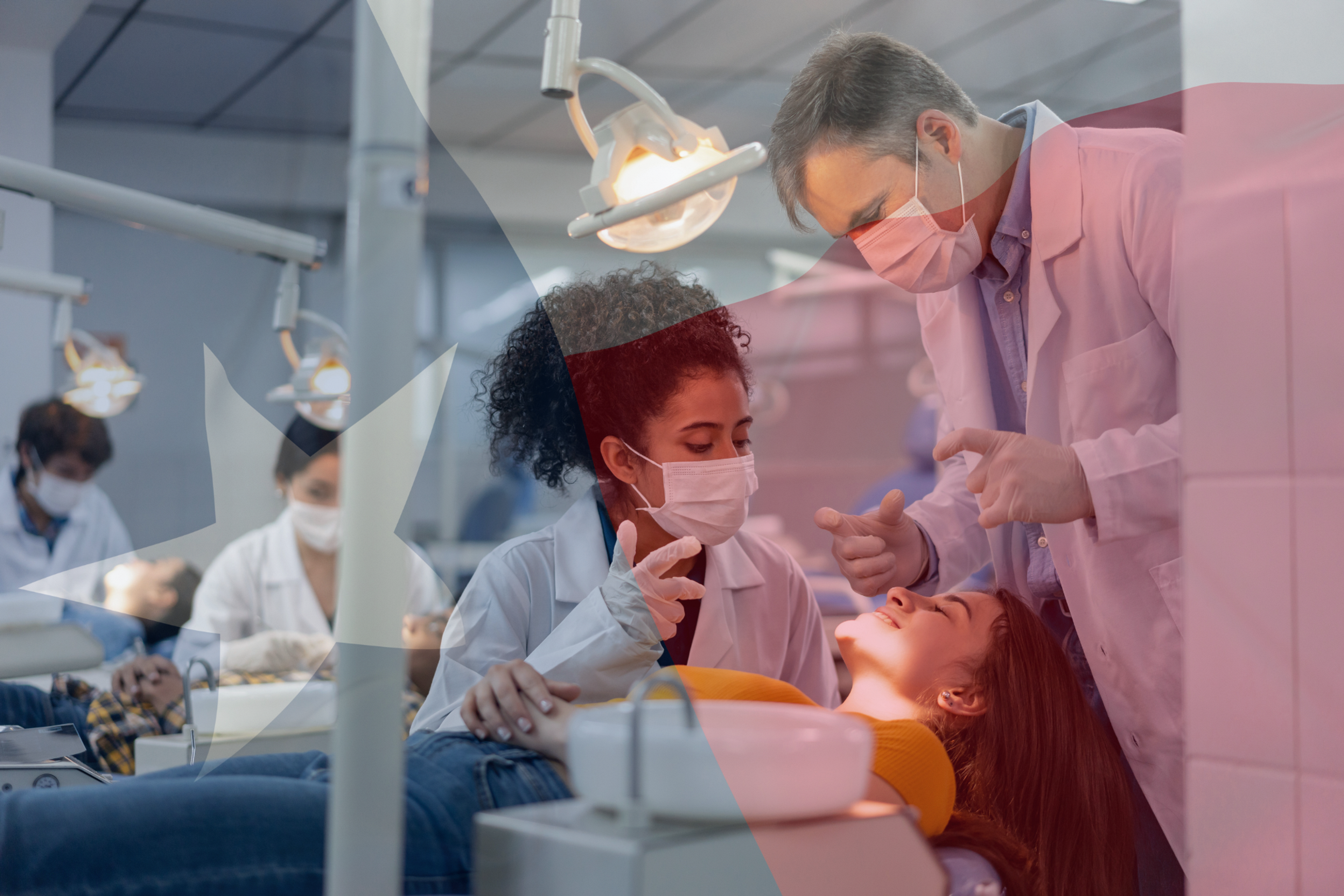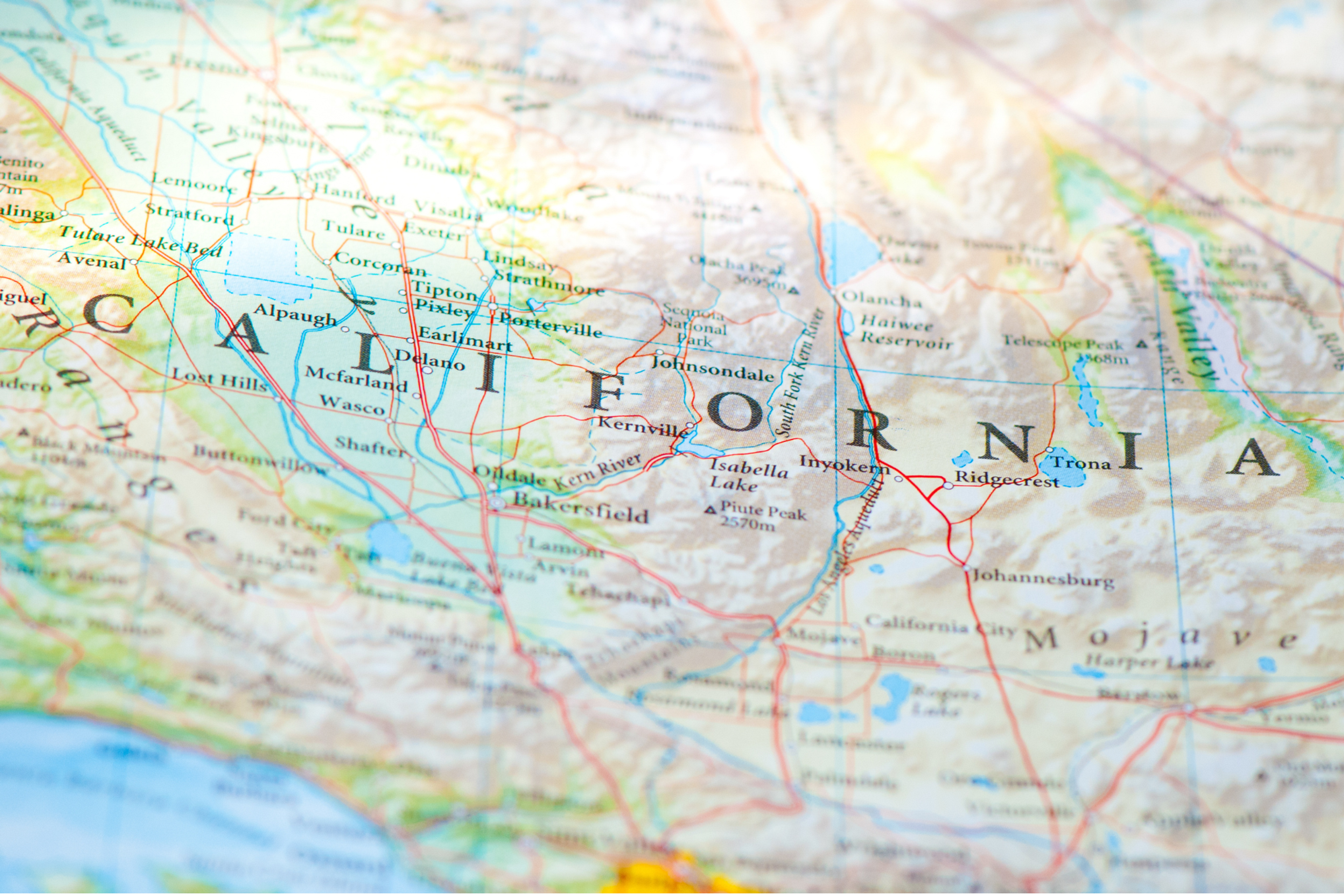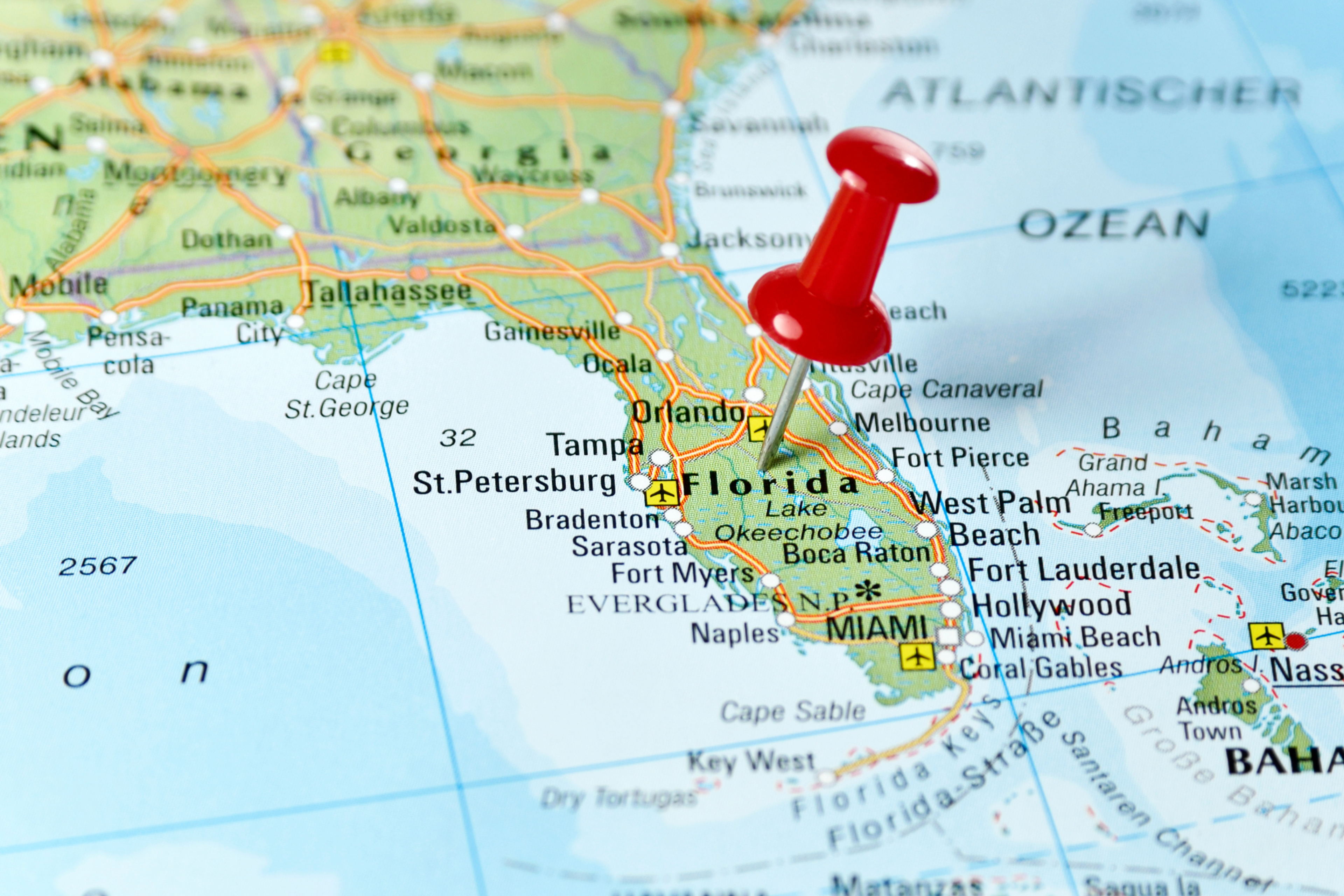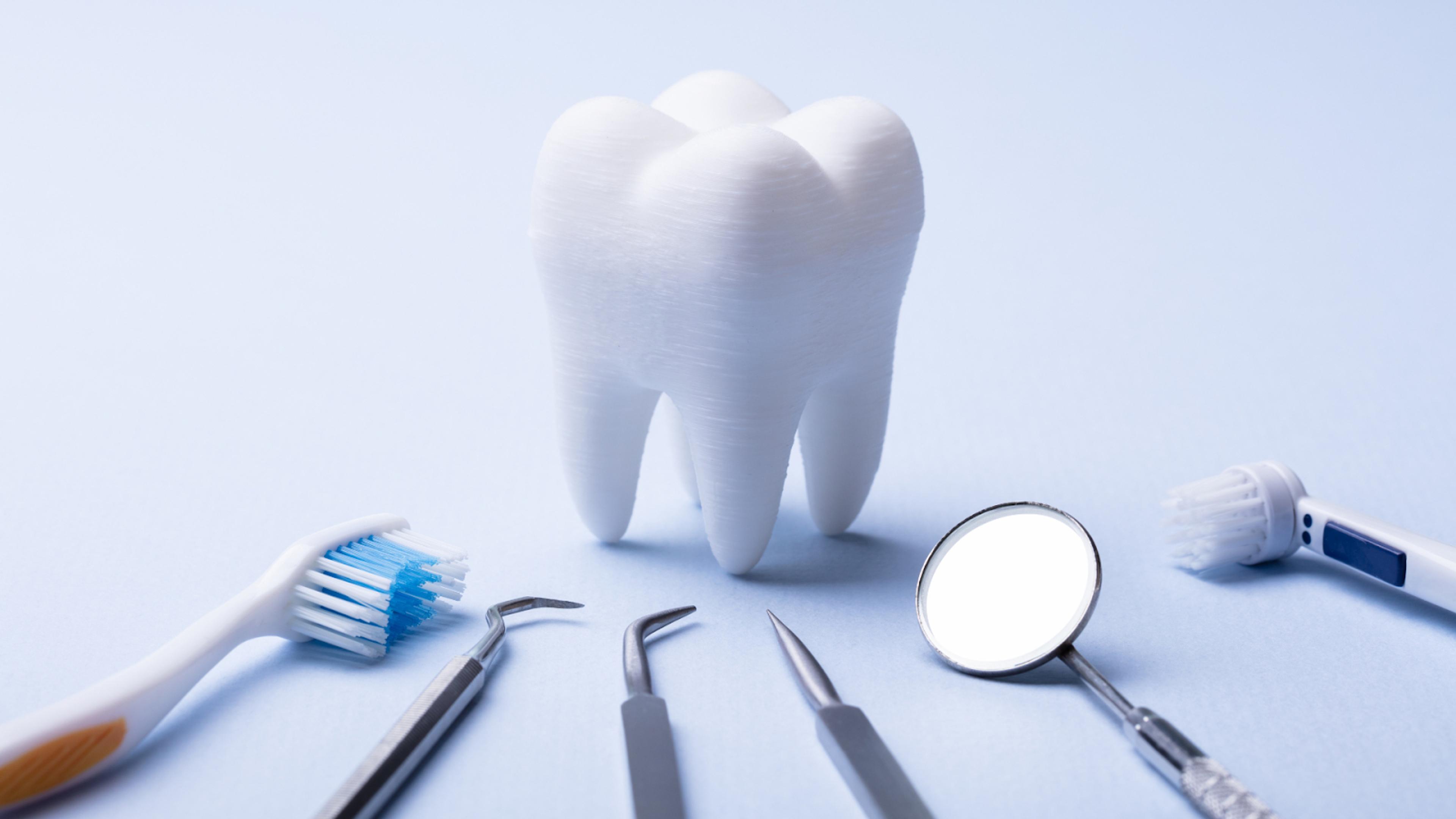List of HBCU Dental Schools in 2025
Explore the full list of HBCU dental schools in 2025, including DDS programs, admissions info, scholarships, and what makes each school unique.
Posted February 5, 2026
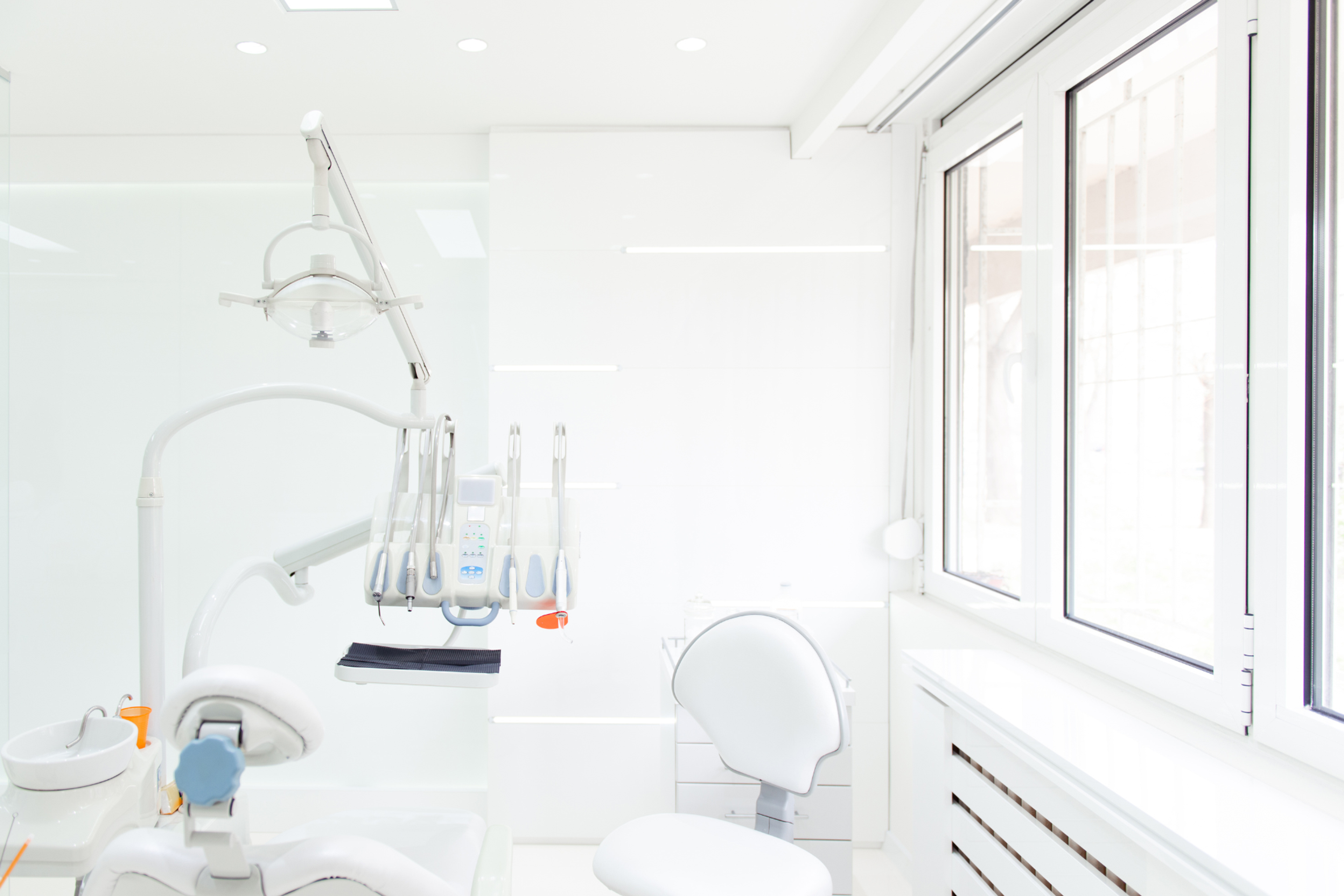
Join a free event
Learn from top coaches and industry experts in live, interactive sessions you can join for free.
Table of Contents
Finding the right dental school is about more than rankings or requirements – it’s about where you’ll thrive. For many aspiring dentists, especially those passionate about health equity and representation, HBCU dental schools offer rigorous training and a deep sense of mission. These institutions have a legacy of uplifting underrepresented communities, supporting students holistically, and preparing graduates to lead in every corner of dentistry.
What Are HBCU Dental Schools?
HBCU dental schools are dental education programs located at Historically Black Colleges and Universities. These schools were established primarily to serve Black students during segregation, but today they welcome students of all backgrounds who are drawn to their mission of equity, service, and representation in healthcare.
While only two HBCUs currently offer Doctor of Dental Surgery (DDS) degrees – the standard credential for becoming a licensed dentist – several others offer dental hygiene or related programs that prepare students for important roles in oral health care. What unites them is a commitment to producing compassionate, community-minded healthcare professionals.
How Many HBCU Dental Schools Are There?
As of 2025, there are two HBCUs with fully accredited dental schools offering DDS degrees:
- Howard University – College of Dentistry (Washington, D.C.)
- Meharry Medical College – School of Dentistry (Nashville, TN)
These are the only HBCU dental schools that train and graduate licensed dentists through CODA-accredited DDS programs.
Several other HBCUs offer dental hygiene degrees or pre-dental pathways, which are valuable starting points for careers in oral health care. These include:
- Tennessee State University – BS in Dental Hygiene
- North Carolina A&T State University – Dental Assistant Certification Course
- Southern University at Shreveport – AS in Dental Hygiene
- *Fayetteville State University also offers a pre-dental advising program, but does not currently offer a dental hygiene or DDS degree.
While these programs do not confer DDS degrees, they play a key role in expanding access to dental care and diversifying the oral health workforce. However, if your goal is to become a licensed dentist, you’ll need to earn a DDS (or DMD) from an accredited program like Howard or Meharry.
List of HBCU Dental Schools (DDS)
Howard University – College of Dentistry
- Location: Washington, D.C.
- Founded: 1881 (the first dental school at an HBCU and the fifth oldest dental school in the U.S.)
- Acceptance Rate: 6-10%
- Class Size: 75-80
- Programs Offered:
- Predoctoral Programs
- International Dental Program
- BS/DDS Program
- Postdoctoral Programs
- Oral and Maxillofacial Surgery
- Orthodontics
- Pediatric Dentistry
- General Practice Residency
- Advanced Education in General Dentistry
- Predoctoral Programs
- Program Length: 4 years
- Application Service: ADEA AADSAS
Howard University College of Dentistry Howard University College of Dentistry is more than historic, it’s a cornerstone of dental education for Black professionals. For over 140 years, Howard has trained dentists who lead in public health, private practice, academia, and beyond. Students gain clinical experience early through partnerships with D.C.-area community clinics, treating diverse patient populations and addressing real-world disparities.
Howard is an especially strong fit for students seeking:
- A mission-driven program rooted in health equity
- Urban clinical training in high-need communities
- Mentorship from one of the most diverse dental faculties in the country
Meharry Medical College – School of Dentistry
- Location: Nashville, Tennessee
- Founded: 1886
- Acceptance Rate: 3-5%
- Class Size: 75
- Average GPA: 3.25 (Average Science GPA: 3.03)
- Degree Offered: Doctor of Dental Surgery (DDS)
- Program Length: 4 years
- Application Service: ADEA AADSAS
Meharry School of Dentistry is nationally recognized for producing compassionate, service-oriented dentists, more than 80% of whom go on to serve in underserved or underrepresented communities. With a strong emphasis on both clinical excellence and cultural humility, Meharry trains future dentists to lead in both practice and policy.
The school operates its own state-of-the-art clinical training facility in Nashville and offers students opportunities in rural outreach, community dentistry, and interdisciplinary care alongside Meharry’s medical and public health students.
Meharry is ideal for students who value:
- Small class sizes and personalized mentorship
- A track record of leadership in community-based care
- Deep integration of research, ethics, and public health in training
HBCU Dental Admissions Requirements
While both programs have their own criteria, here’s a general overview of what they typically look for:
| Requirement | Howard University College of Dentistry | Meharry Medical College School of Dentistry |
| GPA (Cumulative) | Minimum science GPA of 2.8 required for application screening. | Specific minimum GPA not stated; however, a competitive science GPA is recommended. |
| DAT Score | DAT scores must be no more than two years old. Only the most recent scores are considered. | DAT is mandatory; Canadian DAT is accepted. |
| Prerequisites | - General Biology or Zoology with Lab (8 semester hours) - Inorganic Chemistry with Quantitative Analysis and Lab (8 semester hours) - Organic Chemistry with Lab (8 semester hours) - General Physics with Lab (8 semester hours) - English Composition (6 semester hours) - Biochemistry (3 semester hours) - Calculus or Statistics (3 semester hours) Note: Prerequisite courses must not be older than 5 years at the time of application. | - General Biology or Zoology with Lab (8 semester hours) - Inorganic Chemistry with Quantitative Analysis and Lab (8 semester hours) - Organic Chemistry with Lab (8 semester hours) - General Physics with Lab (8 semester hours) - English Composition (6 semester hours) - Biochemistry (3 semester hours) - Calculus or Statistics (3 semester hours) Note: Online and introductory courses will not be accepted towards required prerequisites. |
| Shadowing Hours | Highly recommended to have at least 75 hours of shadowing or significant work hours in a dental office. | Not specified; however, awareness of the dental profession is a factor in candidate selection. |
| Letters of Recommendation | Minimum of three letters required: - At least two from science professors who taught and issued a grade in a science course. - A letter from a dental professional with whom you are employed or have shadowed is highly encouraged. Committee letters from pre-professional committees are accepted but should include a letter from a dental professional. | Three individual letters, including two from science professors. |
| Community Service | Experience in community service is considered during the selection process. | Leadership experience and community service are factors in candidate selection. |
Note: Both schools participate in ADEA AADSAS and may offer interviews by invitation.
Learn more here: Dental School Interview Guide (2025)
What Makes HBCU Dental Schools Unique?
1. Deep, Mission-Aligned Mentorship: At HBCU dental schools, mentorship isn’t just available, but it’s also built into the culture. Faculty often go beyond academic advising to provide career coaching, emotional support, and cultural validation, especially for students from historically underrepresented backgrounds. At both Howard and Meharry, you’re more than a number – you’re part of a legacy. This support is especially valuable during high-stress milestones like clinic transitions, board prep, and residency applications.
2. Track Record of Excellence & Access: Graduates from Howard and Meharry consistently match into competitive residencies, thrive in private practice, and lead in public health roles. Their alumni networks are particularly active in mentoring the next generation which opens doors for externships, job placements, and long-term career support. Both schools have strong pipelines into:
- HRSA-funded residency programs
- Community health centers and FQHCs
- VA dental systems and military service branches
- Academic positions in dental education
3. Targeted Board Exam Preparation: HBCU dental schools provide structured, proactive support for passing the NBDE and INBDE licensing exams. This kind of intentional, embedded support not only boosts pass rates but builds long-term clinical confidence and includes:
- Curriculum integration with board-relevant content
- Weekly board-style question reviews
- Faculty-led tutoring sessions
- Access to proprietary prep platforms and mock exams
4. Leadership Through Service: Both Howard and Meharry emphasize that being a dentist means being a leader – whether in your practice, your community, or the public health system. This emphasis on service + leadership produces graduates who don’t just treat, but drive lasting change. Students often participate in:
- Community dental outreach initiatives
- Oral health equity advocacy
- Interdisciplinary service projects alongside med and public health students
- Leadership development through SNDA and local student orgs
5. Flexibility for Non-Traditional Candidates: Many HBCU dental students are non-traditional – career changers, veterans, parents, or first-generation college students. These schools often accommodate students balancing multiple responsibilities, offering advantages like flexible curriculum planning, academic support, and on-campus family resources.
HBCUs vs. PWIs for Dental School
Choosing between an HBCU and a predominantly white institution (PWI) isn’t about prestige, but about fit. HBCU dental schools like Howard and Meharry offer culturally affirming environments, strong faculty mentorship, and a deep focus on community health and health equity. Students often cite a sense of belonging and purpose as key advantages. PWIs may offer larger research budgets or broader specialty offerings, but can lack representation or support systems for underrepresented students. If you're looking for a school where you’ll be seen, supported, and trained to lead in underserved communities, HBCUs provide a mission-driven alternative without compromising academic rigor or career outcomes.
Scholarships and Financial Aid for HBCU Dental Students
Dental school is a major financial investment, but HBCU dental schools offer several resources to help reduce the burden – especially for students committed to serving underserved communities.
School-Based Scholarships
Howard Dental School Scholarships
- Dental Trustee Scholarships – The admissions committee chooses the D1 Trustee Scholarship and the scholarship committee selects the D2 through D4 Trustee Scholarships based on GPA and class rankings. Award amounts vary each year from $5,000 to full tuition ($42,632).
- Main Campus Donor Scholarship – One-time award ranging from a few hundred dollars to a few thousand. Students will need to re-apply each year.
Meharry Dental School Scholarships
- Meharry has a ton of options for scholarships, gifts, and financial assistance. Scholarships are given each fall during convocation. Some have requirements or preferences for awardees, such as interest in a specific specialization. Check the options to see if there are any that you may be a good fit for.
External Scholarships & Loan Repayments
- National Dental Association Foundation (NDAF) – Offers annual scholarships and grants to underrepresented dental students committed to community service and academic excellence.
- National Health Service Corps (NHSC) – Covers tuition and living expenses in exchange for practicing in a Health Professional Shortage Area after graduation. Great fit for students planning to work in underserved communities.
- Health Professions Scholarship Program (HPSP) – Funded by the U.S. military (Army, Navy, Air Force), this program pays full tuition plus a monthly stipend in exchange for years of service as a military dentist after graduation.
The Bottom Line: Are HBCU Dental Schools Right for You?
If you’re looking for a dental school that offers more than technical training – one that sees you, supports you, and prepares you to lead – HBCU dental schools are worth serious consideration. Both Howard and Meharry combine rigorous academics with a deep commitment to equity, community impact, and culturally competent care.
Here, you won’t just earn a DDS, you’ll develop the mindset, mentorship, and mission to make a difference. From early clinical exposure to strong board prep and leadership development, these schools prepare graduates to thrive in private practice, public health, and policy.
Want Help Choosing the Right Dental School, or Strengthening Your Application?
Whether you’re applying to Howard, Meharry, or any other dental program, dental school admissions coaches can help you stand out. Many are former admissions officers who know exactly what these programs are looking for. From personal statements to interviews to school selection, get 1-on-1 support every step of the way. Browse all here.
Read these next:
- How to Become a Dentist: Application, Degree Programs, FAQs
- Writing a Winning Dental School Personal Statement
- The Most Common Dental School Interview Questions–and How to Answer Them
- How Hard Is It (Actually) to Become a Dentist?
FAQs
Are there any HBCU dental schools?
- Yes. As of 2025, there are two: Howard University College of Dentistry and Meharry Medical College School of Dentistry.
What is the best dental school for Black students?
- While many schools support diversity, Howard and Meharry are HBCUs that were built to uplift and train Black professionals in health care, including dentistry.
What is the #1 dental school in the US?
- This depends on what you’re looking for. Schools like Harvard, Michigan, and UCSF often top the charts. But the best school for you is the one where you’ll thrive, academically, financially, and personally. See the full list of the top 25 dental schools here.
What was the first HBCU dental school?
- Howard University College of Dentistry, founded in 1881, was the first dental school at an HBCU, and one of the earliest in the entire country.
Does Morehouse have a dental program?
- No, Morehouse College does not have a dental school or a DDS program. However, it does offer a strong pre-dental track through its biology and health sciences departments. Many Morehouse students complete their prerequisites, gain research or shadowing experience, and then apply to dental schools like Howard, Meharry, or other accredited programs across the country. Morehouse also has partnerships and pipeline initiatives that support underrepresented students pursuing health professions, including dentistry.


















